George William Utting (1897-1916) of Martham
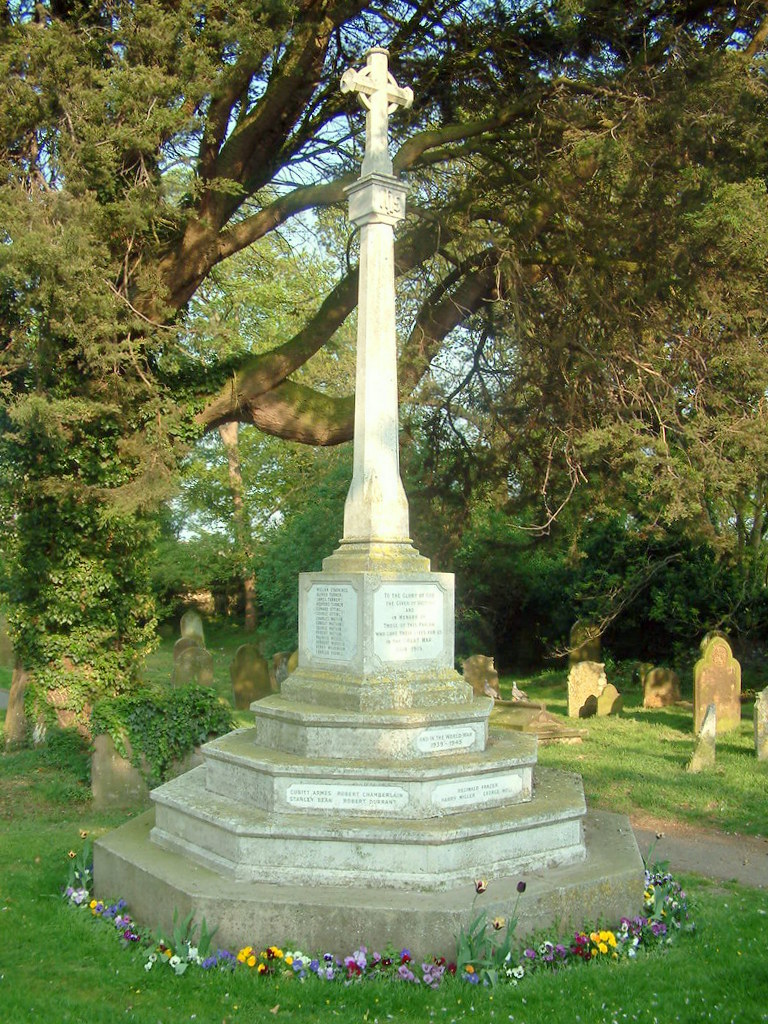
George is listed on the War Memorial as one of those who gave his life during the First World War.
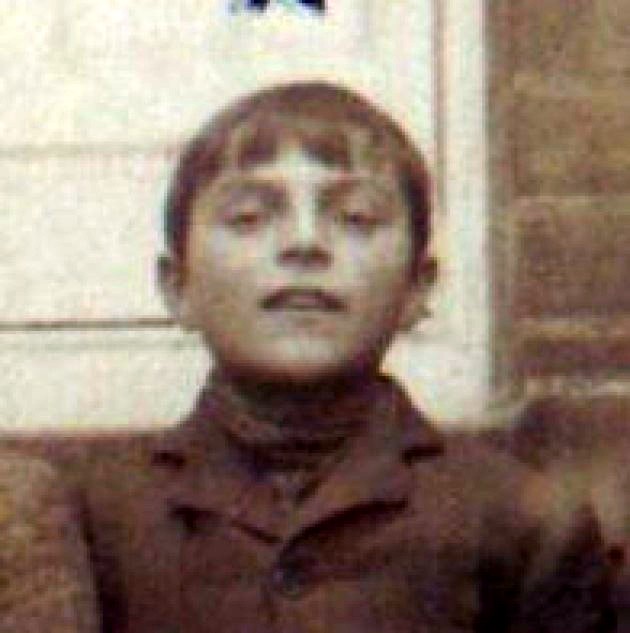
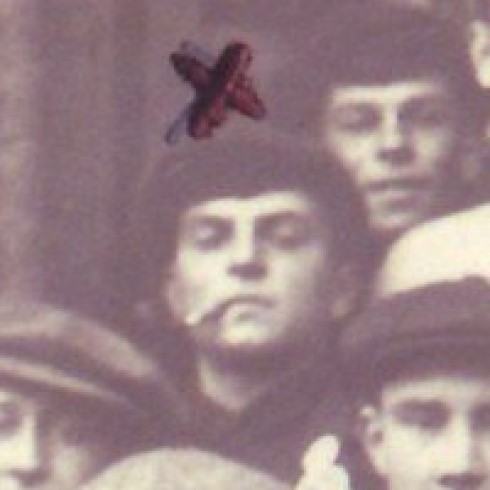
George enlisted at Norwich on 17th September 1914 and was posted to the 8th Battalion, Norfolk Regiment in October of that year. On the left he is photographed outside the recruiting office smoking a clay pipe.
George was sent to France with the battalion on 30th August 1915 where they were soon in action in an attack on the quarries west of Hulloch where they suffered heavy casualties from shelling and sniper fire. From there the battalion spent most of November 1915 in and out of the trenches around Ypres, in Belgium.
George was eventually wounded by a gunshot to the left shoulder in an attack on a German strongpoint known as the Quadrilateral near Leuze Wood (Lousy Wood to the infantry) on 15th September 1916. The battalion suffered casualties totalling over 430 dead and wounded.
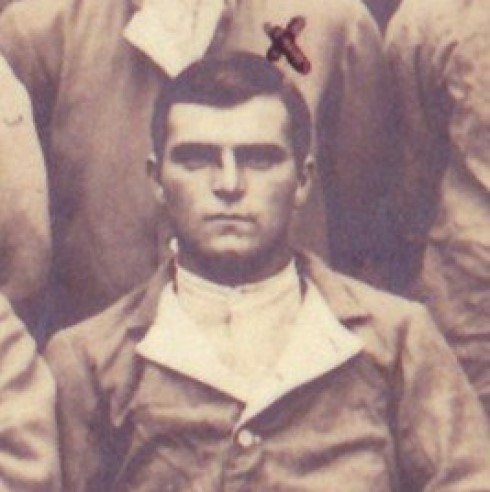
He returned to England on 20th September 1916 and was hospitalised at Great Moor in Stockport until 23rd October 1916. He returned to France in December 1916 he was posted the following month to the front line near Miraumont which is where the fruitless trench warfare, depicted in so many films and documentaries, took place.
At midnight on 16th/17th February 1917 George and his whole battalion were on the front line at Thiepval gravel pits, moving to assembly points for an attack on a position called Boom Ravine, between Courcelette and Miraumont. It had been a cold, frosty night and by the time the battalion was forming up at around 5.30am a thaw had set in, making conditions extremely slippery and hazardous. The Germans though had been alerted, it is thought by two captured deserters from another regiment and they started a tremendous barrage of shells and it was during this bombardment that George was killed, one of several 8th Norfolk soldiers that day posted as missing. He had not reached his 20th birthday.
George is commemorated on the Thiepval Memorial to the missing which has almost 73,000 names of soldiers who died on the Somme battlefields between July 1915 and March 1918 and who have no known grave.
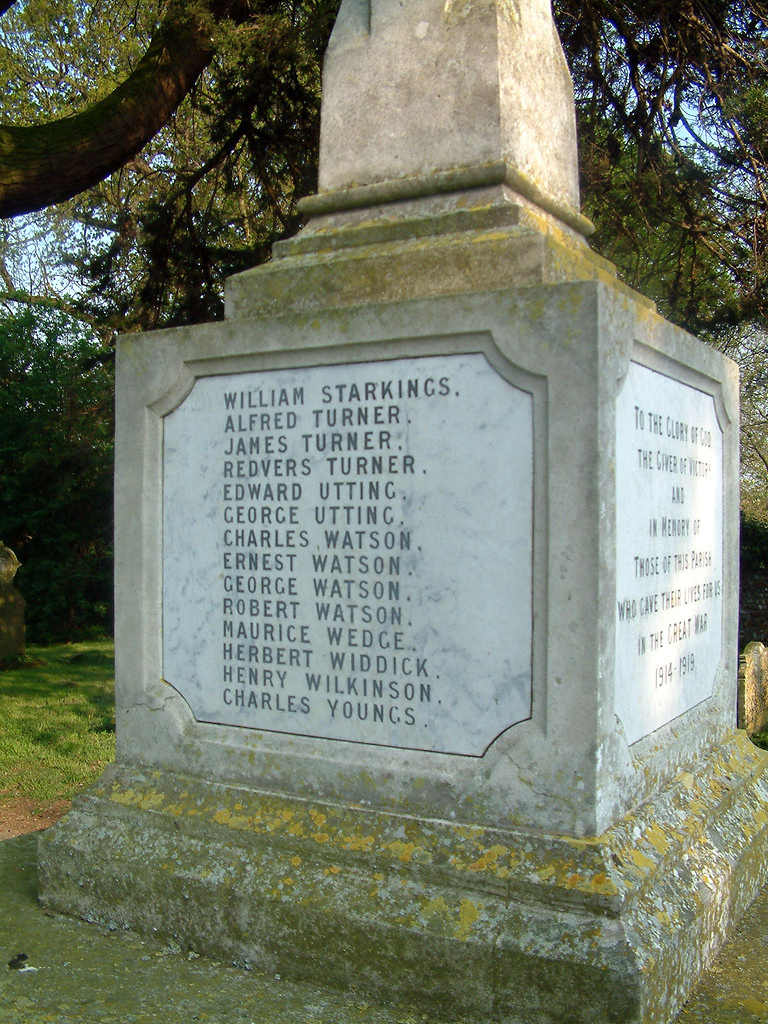
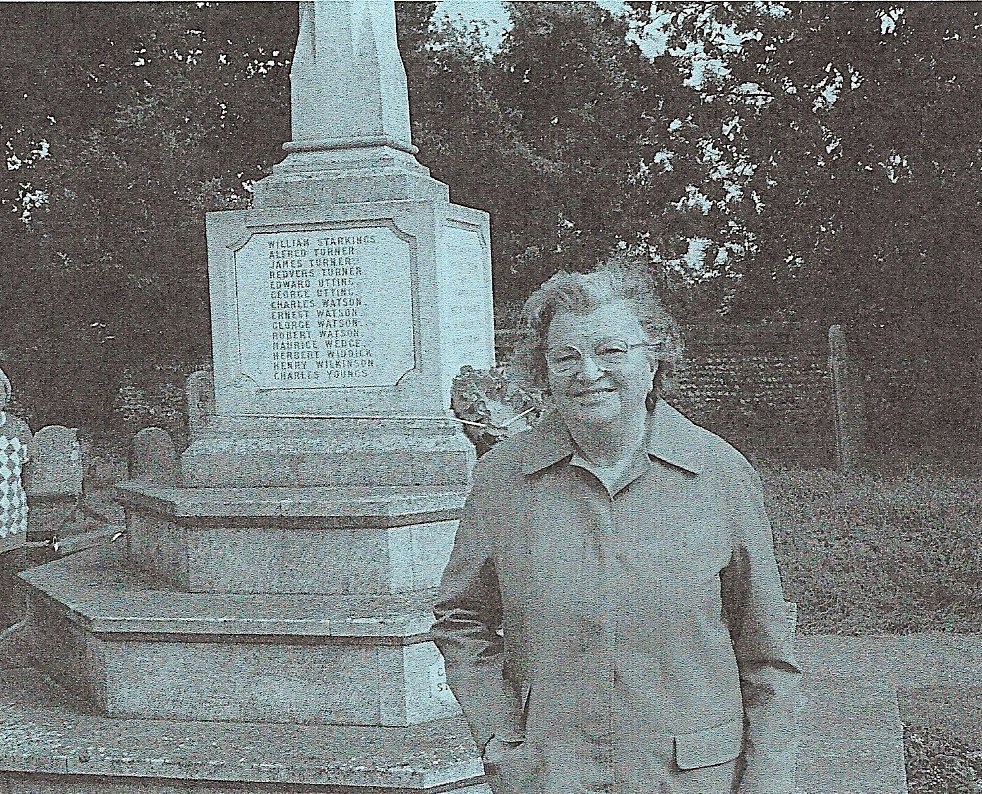
George was the great uncle of Terry Smith, of Freethorpe, who said:
“He was just an ordinary lad with an ordinary background, just one of thousands who volunteered for Kitchener’s Army amongst the euphoria and misplaced excitement of the time, when none of these mostly young lads and men, many leaving small quiet villages such as Martham for the first time, really had no idea of what they were letting themselves in for.
“Then when, after sometimes not much more than six months training, they were given uniform and equipment and sent to the carnage which was the Western Front.”
Terry observes: “His young looks seem to have deserted him in the photograph taken in hospital after he was wounded, he seems to have quickly grown from a boy into a man with much on his mind.”